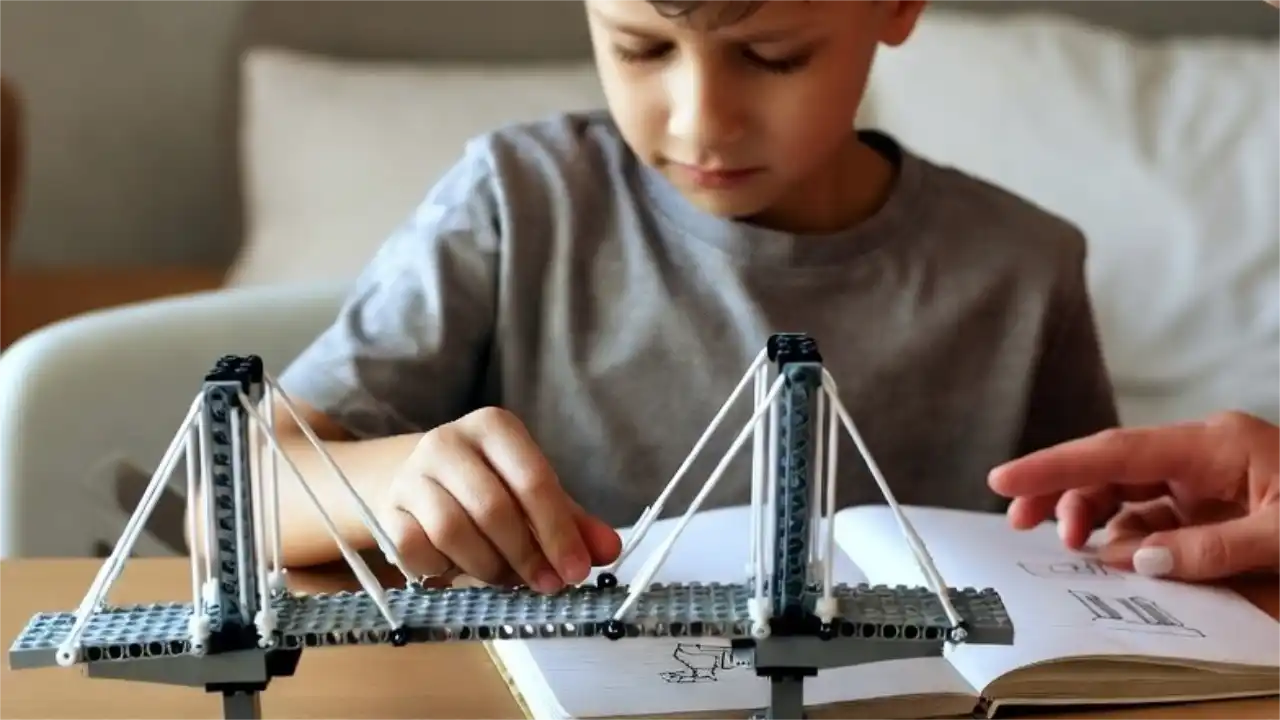
Encouraging Exploration of Interests: Test Ideas with Simple Questions
W
hen children grow frustrated with creative work, they often feel stuck. One way to help is to ask a small, clear question. “What changed this time?” or “What might help it balance?” These little nudges invite them to look again, adjust, and test. When ideas don’t work, they learn to study the outcome instead of quitting. That’s the beginning of creative resilience—and of analytical thinking.
One afternoon, my son built a LEGO bridge that kept collapsing. I didn’t correct him. Instead, I asked, “Why do you think it’s falling?” He tried again—new base, different support. Each tweak brought a clearer result. That short moment planted something lasting. Now, when his projects hit a wall, he starts asking his own questions.
To support this kind of thinking, focus less on solutions and more on the process. Ask open-ended questions while they build, draw, or invent. Let them guess, test, and revise. Use notebooks, photos, or short videos to help them reflect on what they tried and what they learned. These habits turn everyday play into a training ground for critical thinking and perseverance. You’re not just building projects—you’re building a mindset that’s comfortable with challenge and capable of steady, thoughtful growth.
Encouraging Exploration of Interests
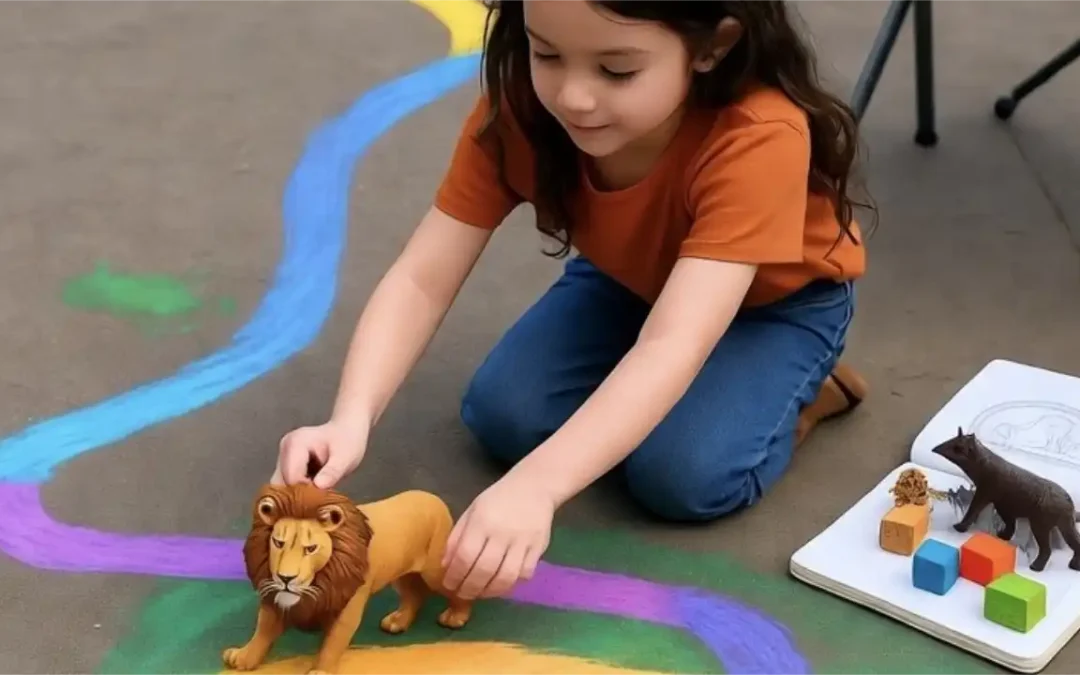
Encouraging Exploration of Interests: Offer Age-Appropriate Creative Activities
Creative activities should match a child’s stage of growth. Learn how to choose projects that inspire joy, challenge, and self-expression.
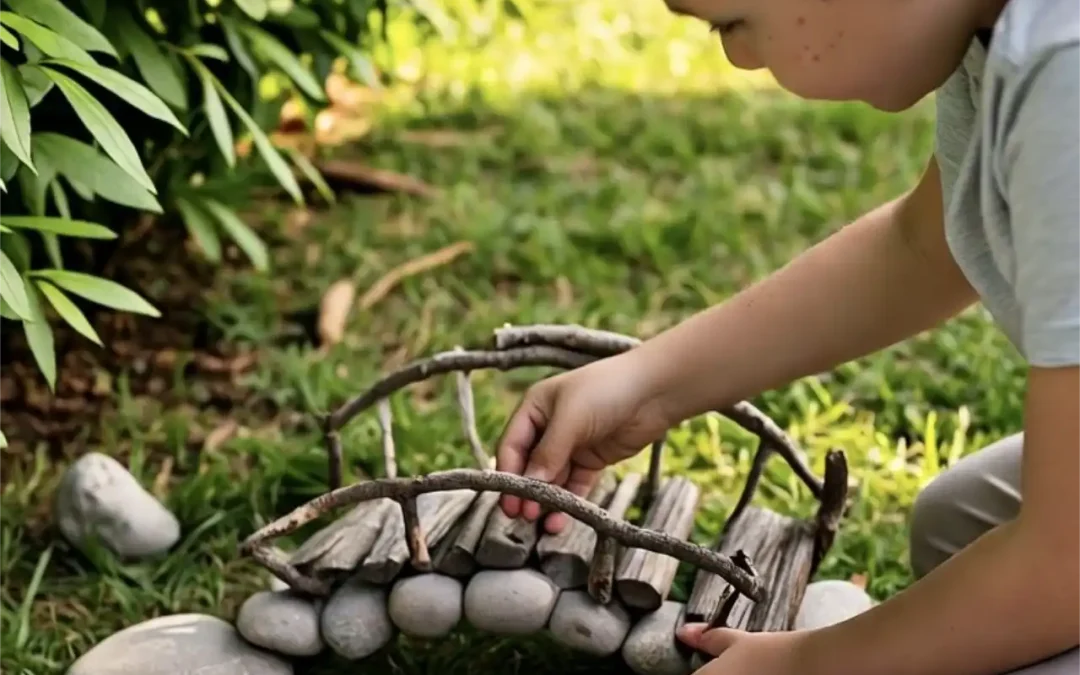
Encouraging Exploration of Interests: Notice Interests and Ask Questions
Follow your child’s interests with curiosity and support. Asking thoughtful questions encourages motivation, creativity, and deeper engagement.
Table of contents

Primordial Soup for the Mind: Navigation
Navigate the book Primordial Soup for the Mind.
TIPS
- Ask open-ended questions like “What changed this time?”
- Focus on how they’re thinking, not whether it worked
- Praise persistence in problem-solving
ACTIVITIES
- Create a “Try-Again Journal” to track different strategies
- Take photos of projects mid-fix and mid-failure
- Rebuild or revise past ideas together
TOOLS
Sketchbooks, slow-motion videos, problem-solving toys, modular building sets

Download “Primordial Soup for the Mind: A Parent’s Guide to Nurturing Intellectual Growth”
Enter your information to get this article and hundreds more as part of the FREE book Primordial Soup for the Mind.
Share your thoughts with the Thought Academy community in the Comments section below.

Sharpen those skills!
Enter your information to get our FREE practice exercises so you can hone your critical thinking and reasoning skills!



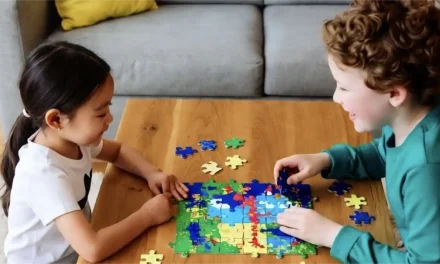

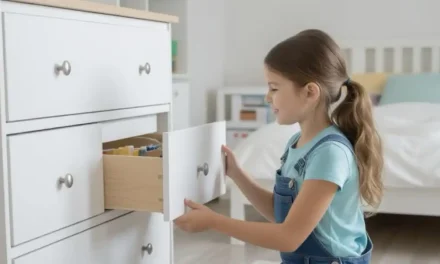
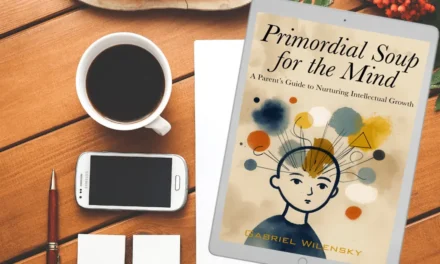
0 Comments